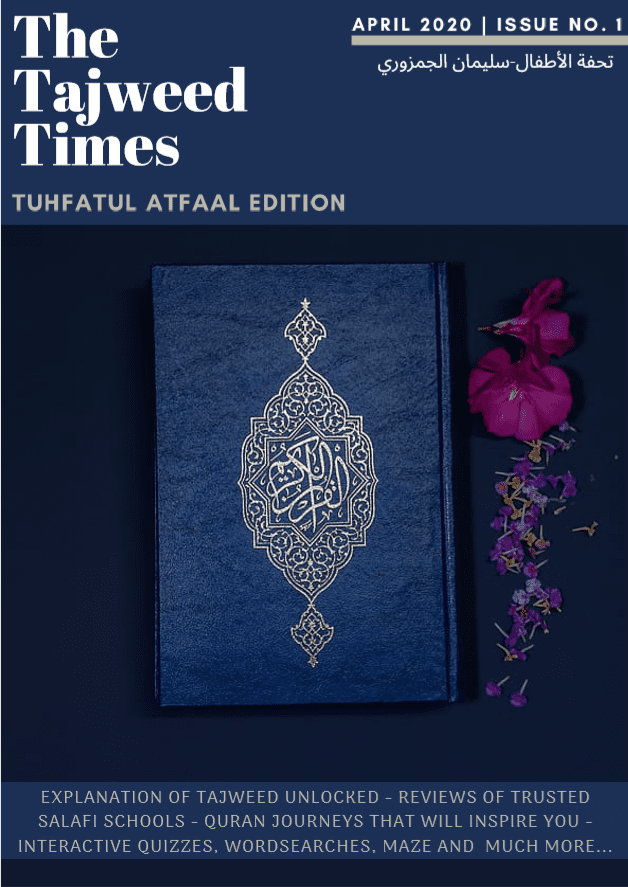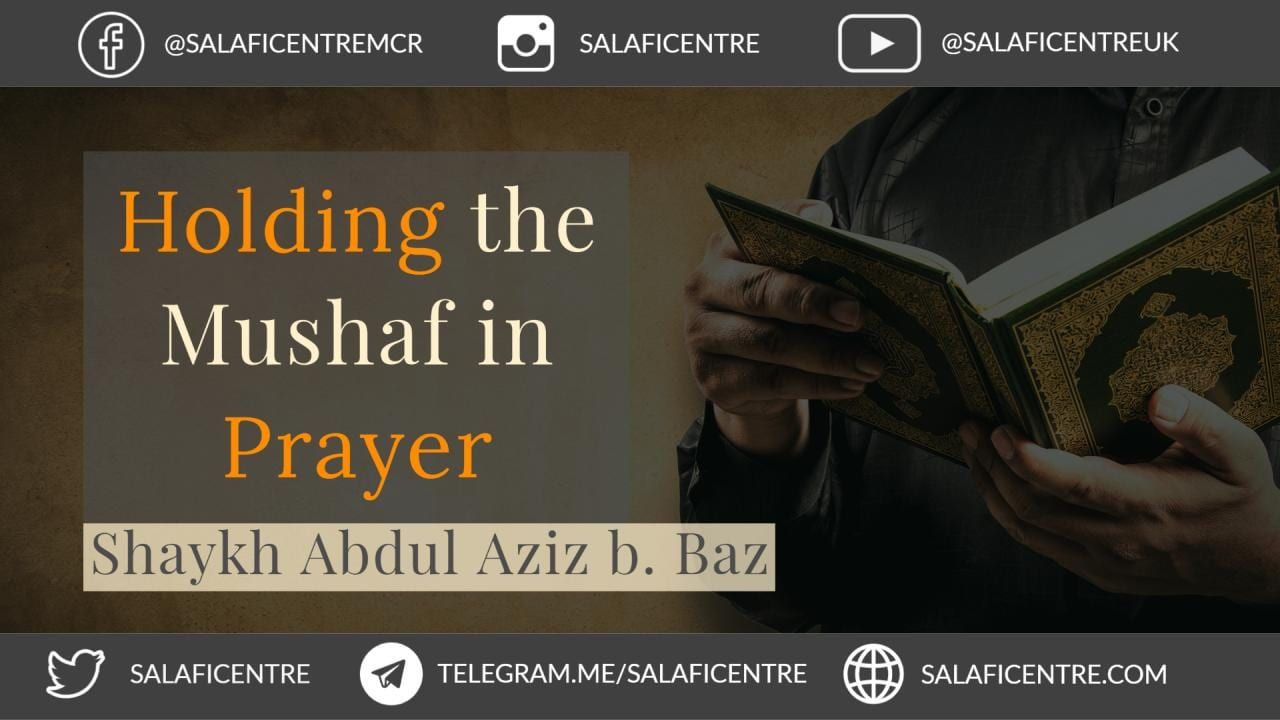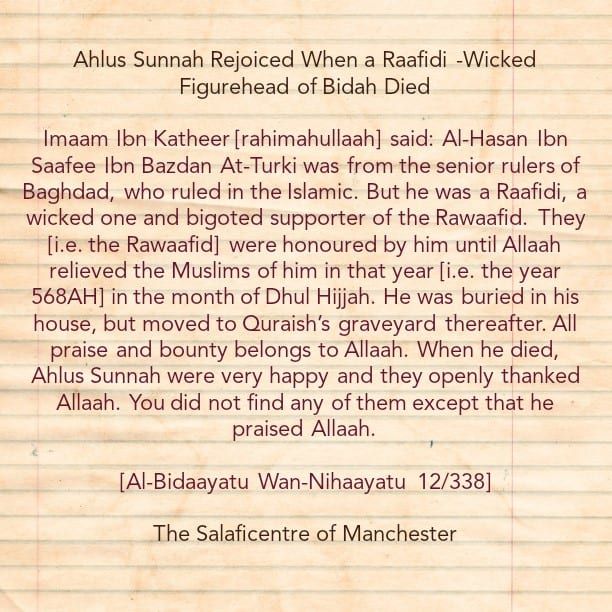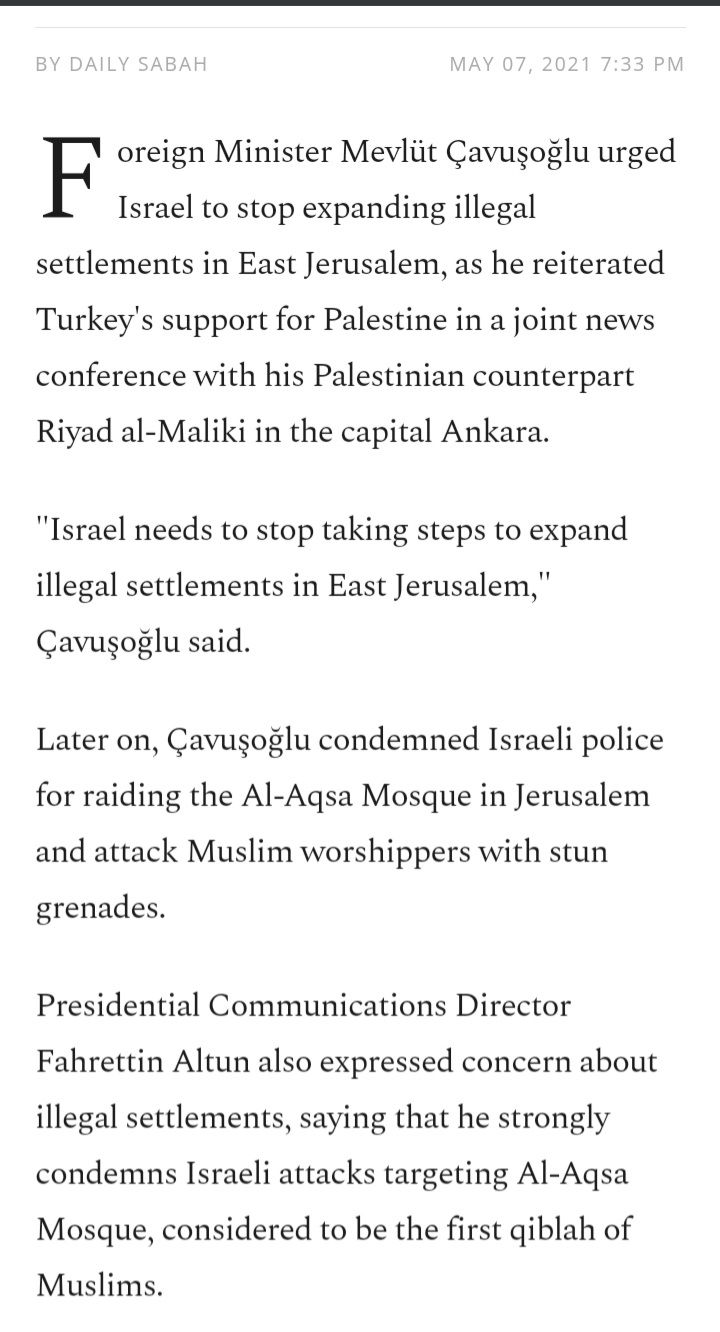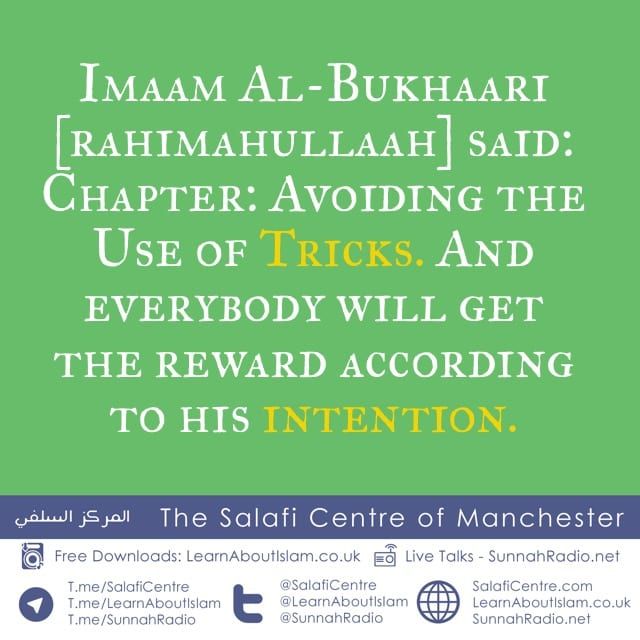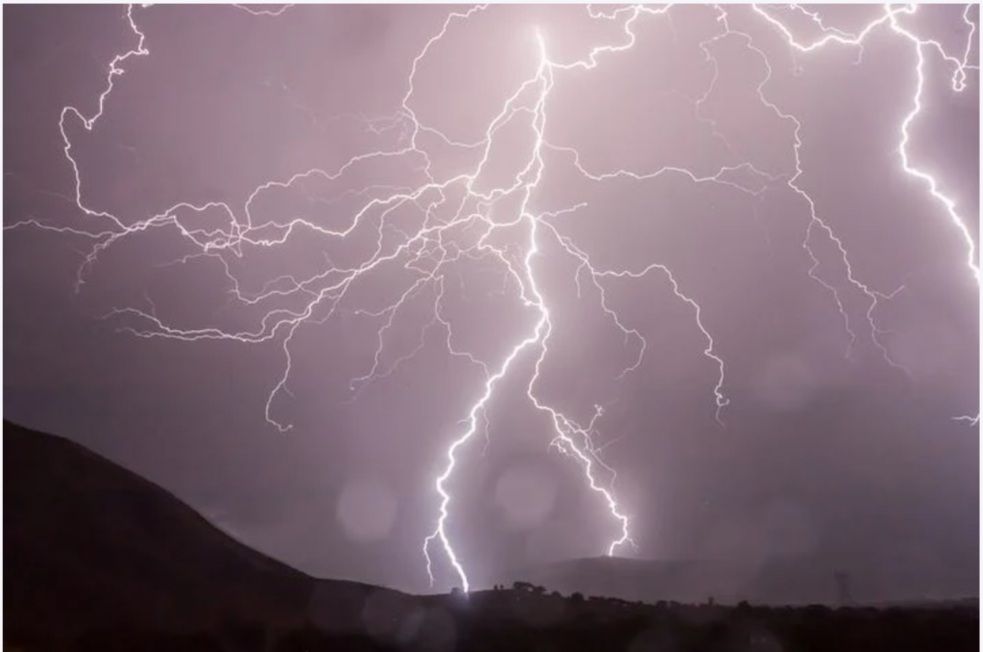Warning Against Hizb at-Tahrir
بسم الله الرحمن الرحيم
In recent days the group called Hizb at-Tahrir have stepped up there corrupt efforts at misguiding the Muslim youth; Hizb at-Tahrir disbelieve in many affairs of our Religion of Islaam; affairs which our Prophet (صلى الله عليه و سلم) informed us about in authentic narrations many of which are reported in the most authentic books after the Noble Quraan: Sahih al Bukhari and Sahih Muslim.
From some of the affairs which they reject:
1. Questioning in the Grave by Munkar and Nakeer
2. Punishment of the grave
3. The bridge over the Hellfire
and many more affairs as well in addition to this.
These misguided deviant individuals
make general takfir and (declare Muslims to be disbelievers)across the whole of the Muslim nation.
Their founder (whose works they fanatically cling to, in clear opposition to the Quraan and Sunnah) to is an individual called Taqi udDeen an Nabahaani see link at bottom for more information regarding this individual, his corrupt beliefs and his calling to deviation away from the guidance which Allah legislated for us.
Their main call and focus is in opposition to the methodology of Prophet (صلى الله عليه و سلم), which when we look at his biography, life and events we can see this is quite clearly the case.
Please watch the video in the link to hear our brother Abu Khadeejah clarify their affair to us.
BaarakAllaah feekum
I make dua tht Allah subhaanahu wa t’ala protects us from deviant beliefs and the callers to misguidance.


